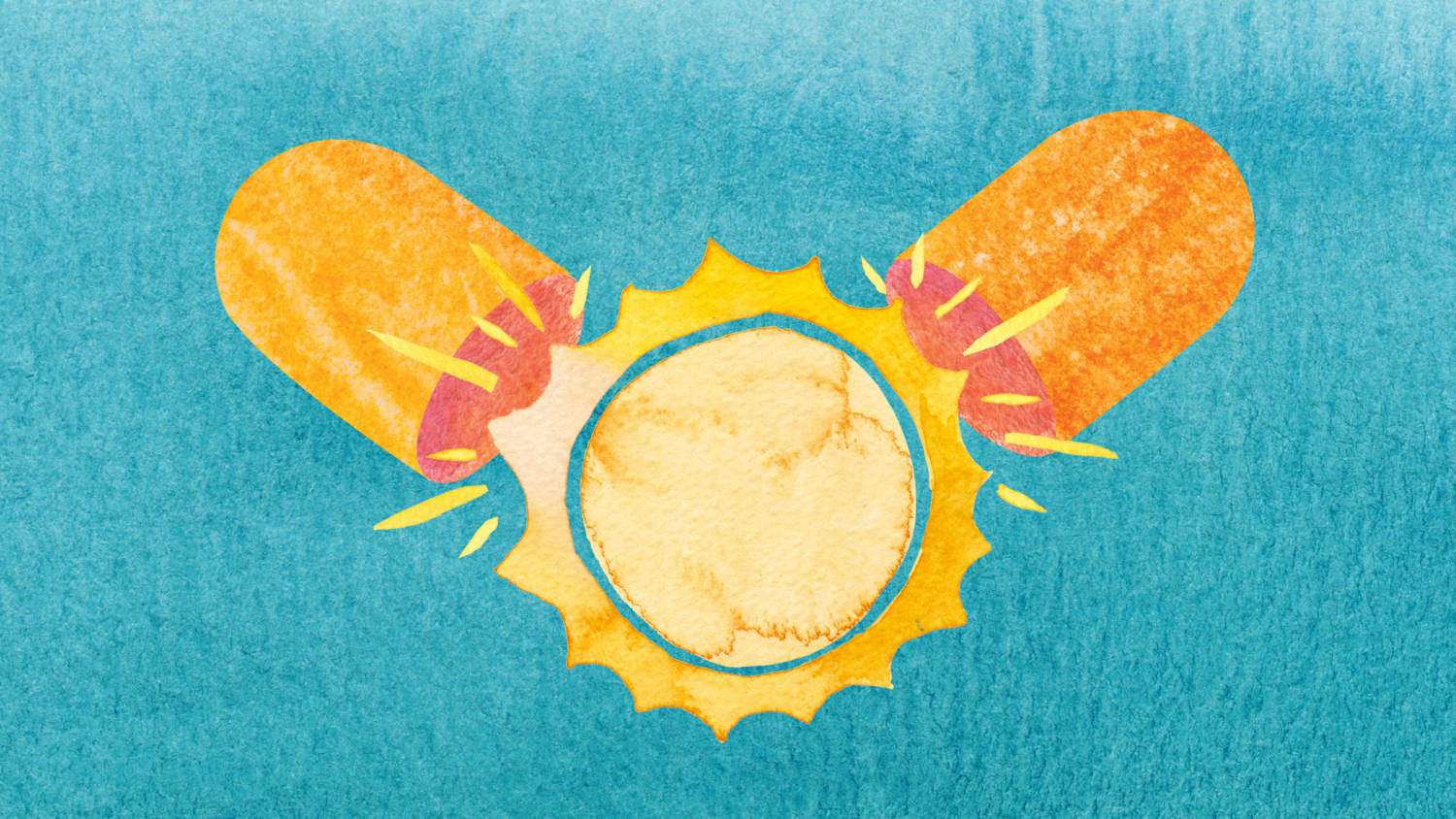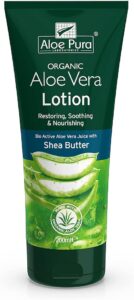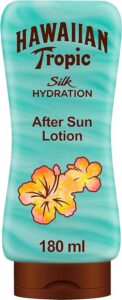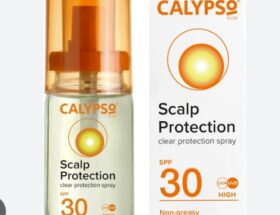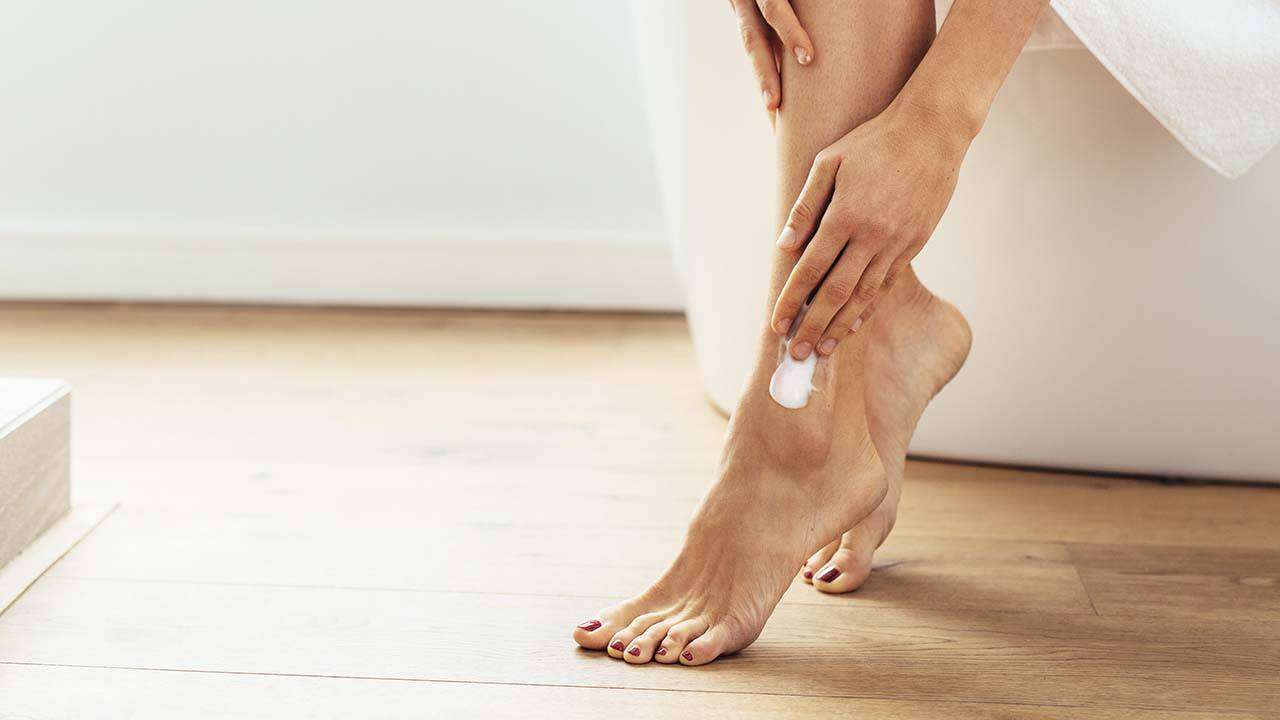Is it true that sunscreen is causing Vitamin D deficiency?
Many of us have vitamin D deficiency. You heard it right! There are also myths saying, this is due to the fact that we apply sunscreen. So is it true that sunscreen cause vitamin D deficiency? Theoretically yes, but at the same time no. Why is that? Let us explain!
Vitamin D
Before getting started, let us explain the importance of Vitamin D. It is a unique vitamin that most people don’t get enough of, as we are often stuck indoors. Vitamin D is made from cholesterol in our skin when exposed to the sun, which regulates the calcium in our body. It is needed to keep our bones, teeth, and muscles healthy. Therefore, it is important to get enough of it from the sun, however, too much of something is never good. Below are dangers that arise from overexposure to sunlight:
- Sunburns: Causing redness, swelling, pain and blisters.
- Eye damage: UV light damages the retina and could increase the risk of eye diseases.
- Ageing Skin: Skin will age faster when overexposed to sunlight, such as developing wrinkles, loose or leathery skin
- Skin changes: Growing of freckles, moles, and other skin changes
- Heatstroke: Body core temperature may rise due to too much heat or sun exposure
- Skin Cancer: caused by the UV rays damaging the skin’s DNA and leading to malfunctioning cells.
Sunscreen
Sunscreen comes into play, where it allows you to get under the sun and at the same time it prevents your skin from damaging, as it helps block off the UV rays. However, we need to absorb a certain amount of them to get Vitamin D. So why did we say that theoretically, it can cause vitamin D deficiency? Dermatologist says a thick layer of sunscreen will block the sunlight thus a lack of vitamin D synthesis in the skin. Thick is about one ounce, approximately the size of a golf ball for our whole body. Not to worry is because most of us do not even apply this amount of sunscreen, we often apply less so than this amount thus, it will not prevent us from absorbing vitamin D.
Vitamin D deficiency versus skin cancer risks
The debate is real, wanting to get enough Vitamin D from the sun but not wanting to increase the risk of skin cancer due to skin damage from the sun?
To get enough natural vitamin D from the sun, one just needs to spend 15 to 20 minutes (three times a week) without protection, then you will have achieved an adequate level of vitamin D. However, it is important to know that despite the levels of sunlight, it will cause damage to our skin. As cumulative sun damage can occur over the long term.
The expert explains that although sunlight is the best source of Vitamin D, they will not recommend exposing the sun without protection just to get the source of nutrients. It is still suggested that, sunscreen should be applied to protect from the long-term cumulative damage that can cause skin cancer. Thus, those who worked outdoors or were going to be exposed to the sunlight for a prolonged period to be photoprotection. Meaning, wear wide-brimmed hats, sunglasses and sun-protective clothing. Most importantly applying sunscreen with an SPF of 30 or above which can protect you from UVA and UVB rays. It is also suggested that you reapply sunscreen every few hours to ensure you skin is fully protected.
If you are experiencing sunburn after prolonged exposure to the sun, simply do these steps to minimize the continuous damage:
- Get out of the sun as soon as possible
- Cool your skin with a cool shower, bath, or damp towel
- Apply after-sun cream or spray like aloe vera
- Drink plenty of water and keep yourself hydrated
Here are some after-sun cream or spray suggestions:
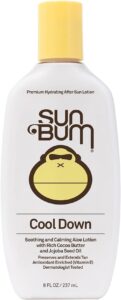
SUN BUM Cool Down Hydrating After Sun Lotion:
It restores and protects from sun damanged skin. Prevent peeling for a long lasting tan. Contains soothing cocoa butter, cooling aloe and it is enriched with Vitamin E.
Alternatives to consume Vitamin D
In order to get an adequate amount of vitamin D, it is suggested to consume multivitamin or vitamin D supplements. Another way would simply be through our diet, many foods contain natural vitamin D such as salmon, tuna, sardines, cod liver oil, egg yolks etc. By intaking vitamin D this way, it is also a natural method, just like exposing yourself to the sun, but this time you are not putting your body at risk.
So NUWers, not to over-worried. Just remember that no matter how strong the UV rays are, they can cause potential harm. Therefore, apply sunscreen daily to protect yourself. And if you are exposed to the sun for a prolonged time, apply after-sun cream to help reduce the potential damage and keep your skin hydrated.
Related Read:
Best SPF Moisturiser:SPF Moisturiser for a little extra protection
About SPF 50 Sunscreens:SPF 50 Sunscreen: The Ultimate Guide to Skin Protection
About Mineral Sunscreen:Mineral Sunscreen: Understanding and Choosing the Right One

